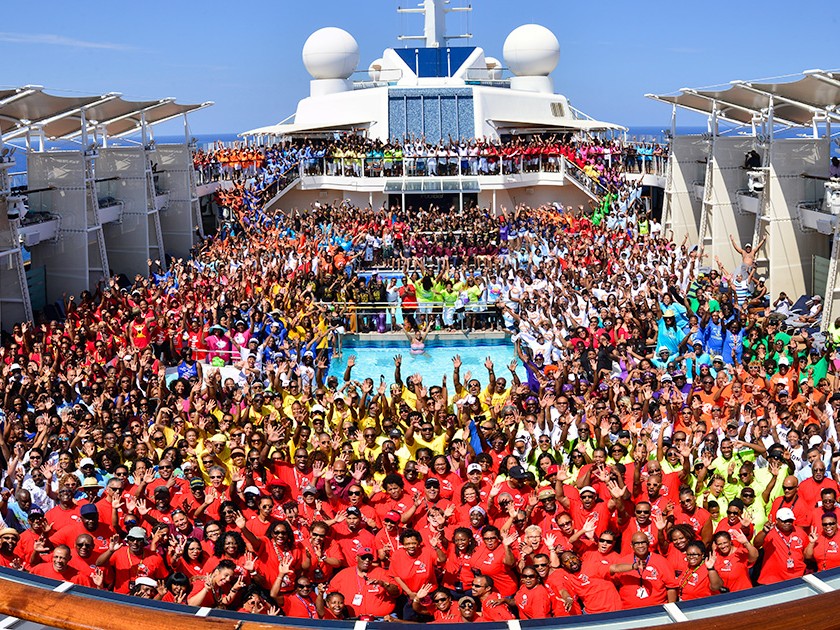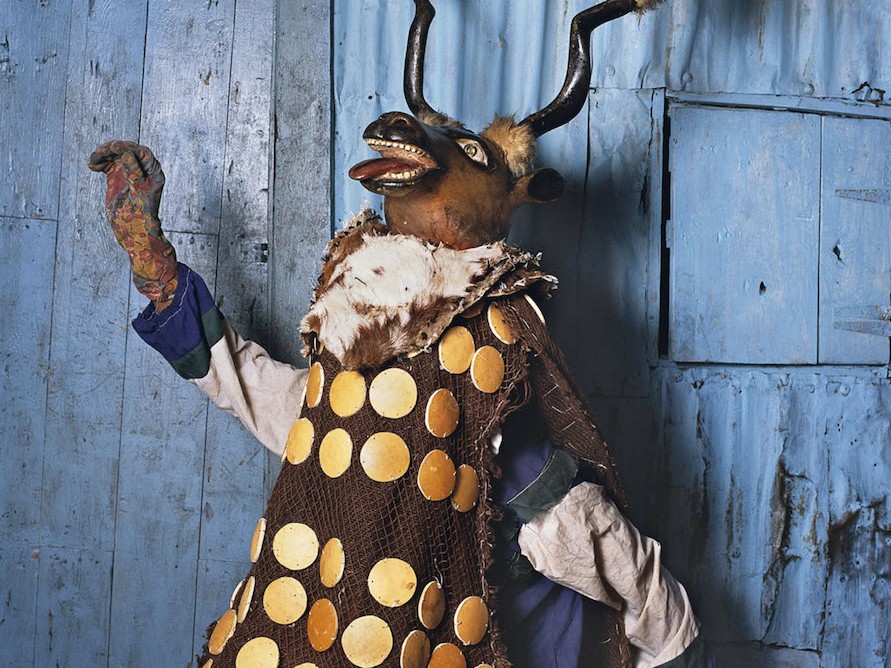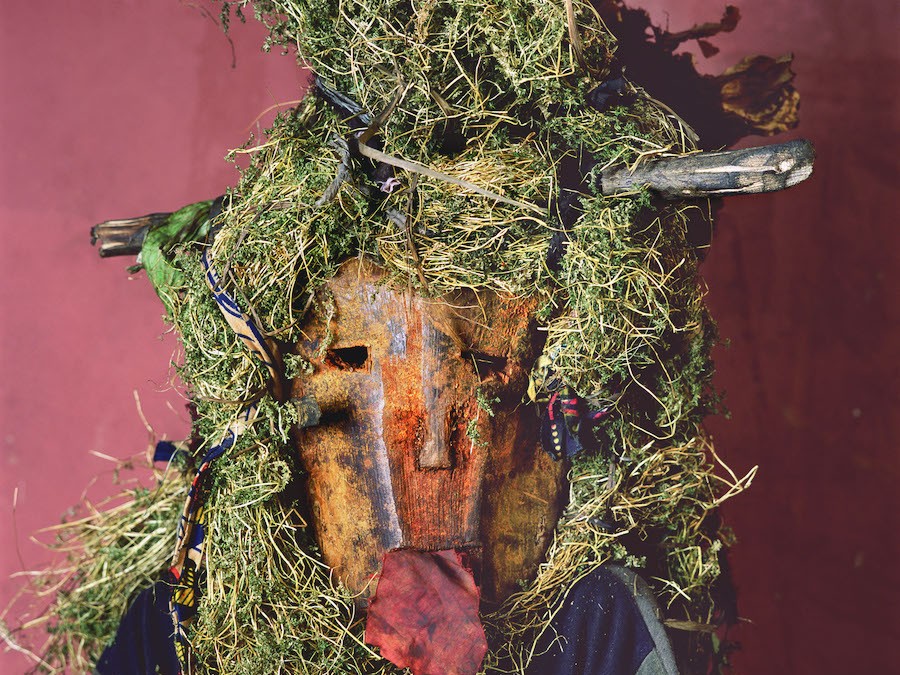Share this!
Facts and Information on African Diaspora
Some theories suggest Africa was the birthplace of all humankind. Whether true or not, throughout history, people from Africa have migrated to new areas, been transported without consent, and even currently have a lot of people relocating for new lives elsewhere around the world. There are now African communities located around the world. People who have been living in Africa for decades now are also in the diaspora and helping expand their cultural heritage in increasingly more areas.
African diaspora consists of Africans located in other countries outside of Africa. For example, places like Spain (690,291 Africans), Germany (817,150 Africans), Mexico (1,386,556 Africans), Peru (1,200,000 Africans), and most other countries contribute to the African diaspora. The population of people of African descent in these foreign countries is continuously growing too.
When examining the African Union, we discover that the real African Diaspora includes people from Africa who are living outside Africa. They impact the continent positively. They often are working for the development of African cities and other undeveloped areas on the continent. They are the real power in the African diaspora, and they are helping others to create the African Union for a greater Africa.
Historically, much of the African diaspora population began in the Americas, Europe and later expanded in Asia. A significant reason for this occurred during the slave trade era across the Arab and Atlantic Ocean. Scholars believe that this was the origins of the concept of the African diaspora, which occurred during the 16th and 19th centuries. These centuries were periods when people from many areas of the Americas were selling slaves to other regions of the United States. The massive scale of the slave trade is how large populations of Africans began to rise in these locations. It’s a time in which most Africans started to enter the Americas. It lead to the future generations continuing to stay in these locations and calling them “home.” Results from the Atlantic slave trade is evident in other countries as well.
Even with a dark history, the current African diaspora is now happily living in the Americas and other parts of the world. Luckily, they have maintained and passed down many of their traditions as a way to preserve their heritage. Africans always try their best to introduce these traditions to the world by showcasing their native culture even while residing abroad.
A significant cause for the start of the African Diaspora is due primarily because of economics. Africans were seen as “free” labor. People were actually selling human beings (Africans) as a workforce, for the sake of pleasure, and countless other reasons. These horrendous trades initially began on a small scale to nearby countries outside of Africa. After seeing the effects of it and how lucrative it became, Europeans began to trade slaves by taking West African slaves to the Americas and Europe. After the end of this period, many Africans were able to get a free life where they were located. Thankfully, Africans were able to survive these tough times and have since grown in numbers on their own in new locations over the centuries. Now, the African diaspora can be found living everywhere in the world.
In times of freedom, Africans began to realize a new life in these foreign countries. From interactions during the slave era, they began to learn the way of life. Africans have since started getting married to each other while abroad and even to the nationals. As a result, local men and women were connected and started their families together, raising their newborns in the new lands. Over time, African populations grew. First, starting within their communities. They then began to intermingle with people of other races, which is why we currently have people who identify as African-American or European-Africans. Even today, there are a lot of new families who have relocated to places all around the world seeking new life and opportunities, whether for work, school, or to escape hardships from their native countries.
People of African descent can be found all around the world, although some people may not primarily identify themselves as being African. There are many levels of the African Diaspora. There are first and second generation Africans, whose immediate families relocated recently, whether themselves or their parents. They usually have a memory of living in Africa or have immediate family still living there. There are other Africans who have been in these new locations for so many generations that they relate more to the local culture more so than to Africa. The African diaspora consists of people in Europe, America, Asia, and everywhere in between. Most Africans are proud of their heritage and background and when asked, would quickly say their origin country in Africa as their home.
The African Diaspora is a perfect example of the strength and resilience of the African nation. From a dark past, Africans have turned this negative situation into one of new opportunity. As the African Diaspora continues to grow, these national pride will be found in even more places around the world.






